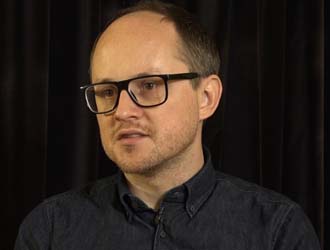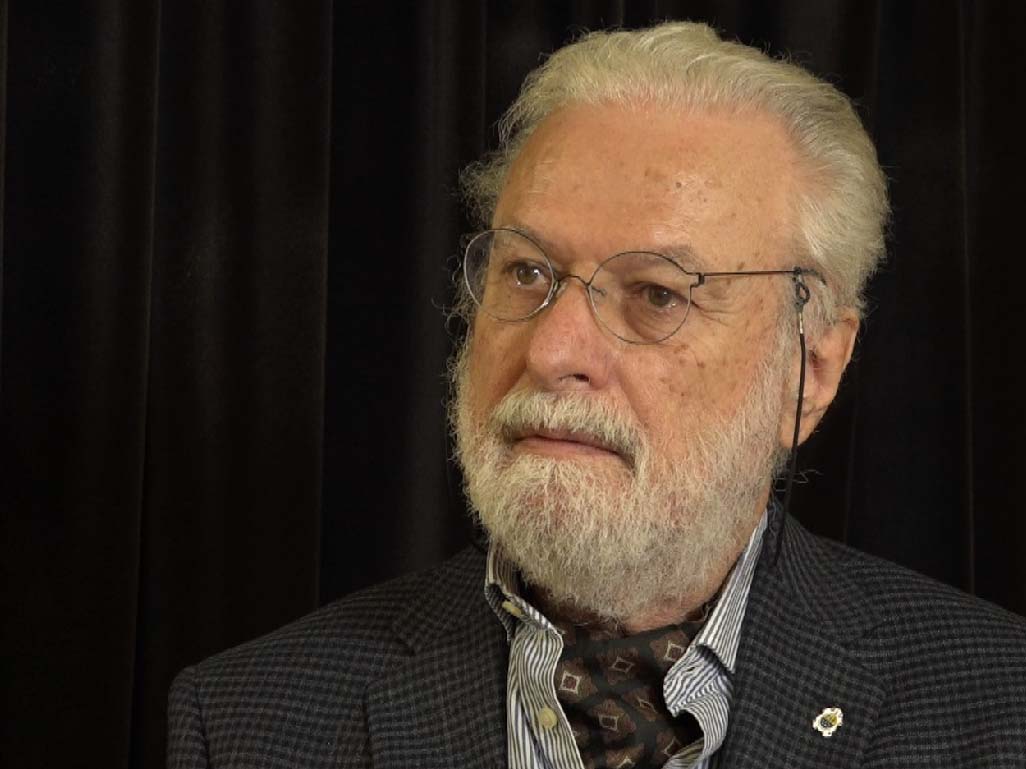Play is pleasure entailing exploration and adventure, and requiring a variety of settings, spontaneously chosen places like the stairway at home, or the river, far from the adult gaze.
The most interesting children’s games are played outside, with other children, and away from adult scrutiny, says Francesco Tonucci. In modern cities, designed for working adults travelling in private cars—and occupying some 80% of urban space—these games are less and less possible. When a city is dominated by cars, children cannot move around it alone, cannot play in the streets and, as a result, do not have the experiences of exploration and adventure that are necessary for healthy cognitive, emotional, and social development.
The reconquest of urban space and, with it, recovery of a diversity of spaces for playing without monitoring or supervision, is essential not only for the healthy development of children but also, and especially, better development of the city itself. In 1991 and with this in mind, Tonucci founded The City of Children project with the political aim of promoting change in the parameters of city government. His model is based on four points: prioritising children over adults; prioritising pedestrians over cars; prioritising the idea of neighbourhood over city; and prioritising play over work. Over the years, the initiative has spread to more than 200 cities in different countries of Europe and Latin America.
When asked about a significant public space, Tonucci speaks of Pontevedra. This city in Galicia, with a population of 80,000, has embarked upon a radical reform of urban space, pedestrianising streets, slowing down and reducing traffic, and eliminating architectural barriers. Pontevedra has thus recovered public spaces which, for Tonucci, represent the essence of cities, returning them to the people and, in particular, children and thereby contributing towards creating a more democratic city.
Tonucci took part in the Play and City programme organised by the Barcelona City Council at the CCCB in February 2019 with the aim of considering the social importance of play in public spaces, and presenting the first Game Plan for Barcelona’s public spaces.




